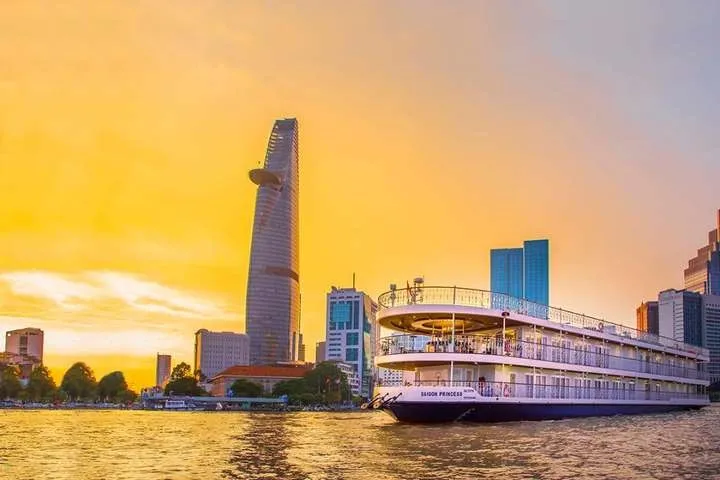
“The ASEAN markets continue to offer huge opportunities for European companies, both for those looking to diversify and expand their investment and trade activities, and those who are well aware of the deep technological expertise and significant consumer base across the markets," Robert Newell, managing director for European Global Corporates at Standard Chartered.
According to the survey, Vietnam, Malaysia, and Thailand feature as the most attractive markets in terms of sales or expansion opportunities for the majority of respondents. With almost half of the respondents expanding into ASEAN to diversify their production footprint – likely as part of a ‘China Plus One’ strategy – many are turning towards countries like Vietnam for the geographical proximity and comparable or lower manufacturing costs vis-à-vis China or Malaysia and Thailand for their strong manufacturing capabilities.
Around 88 per cent of respondents expect business to go up in the next 12 months, on drivers such as a growing consumer market; free trade agreements; and a reliable supply base. Among them, Vietnam is the most attractive destination within the region with 60 per cent of the companies focusing on expanding in the country to capture sales and production opportunities. This is followed by Malaysia (53 per cent) and Thailand (48 per cent).
The survey also pointed out that Vietnam has become a prominent destination for trade in recent years, with imports from Europe growing at a compound average growth rate (CAGR) of 8.5 per cent between 2015 and 2020. The EU-Vietnam Free Trade Agreement coming in force since August 2020, seeks to increase trade by eliminating up to 99 per cent of tariffs and reducing regulatory barriers. Furthermore, the EU’s growing trade connections with signatories of the Regional Comprehensive Economic Partnership (RCEP), in particular Singapore and Vietnam, will enhance European exporters’ access to the ASEAN market.
Sectors such as infrastructure, manufacturing, renewable energy, and e-commerce present strong growth opportunities for European businesses in ASEAN. In particular, growing urbanisation and government efforts to expand healthcare access are driving the development of the pharmaceutical sector in Vietnam. The sector is seeing increasing activity of foreign firms acquiring local firms to gain market access. In 2020, German pharmaceutical giant Stada announced plans to raise its stake and takeover Vietnam-based Pymepharco.
Likewise, solar and wind energy also shows the highest growth potential in Vietnam. The offshore wind sector is being emphasised by the government under Vietnam’s National Energy Development Strategy. Copenhagen Infrastructure Partners signed an MoU in 2020 for the development of a $10 billion offshore wind project in Binh Thuan, Vietnam.
Meanwhile, the government’s National E-commerce Development Plan 2021-2025 focused on boosting e-commerce adoption, envisioning that 55 per cent of the population will shop online by 2025 with average annual consumer spending online rising to $600 by 2025, up from $202 in 2018. Estonia-based MetaPlanet (backed by Skype cofounder Jaan Tallinn) invested in Vietnam’s fast-growing food delivery startup Loship in 2021.




















